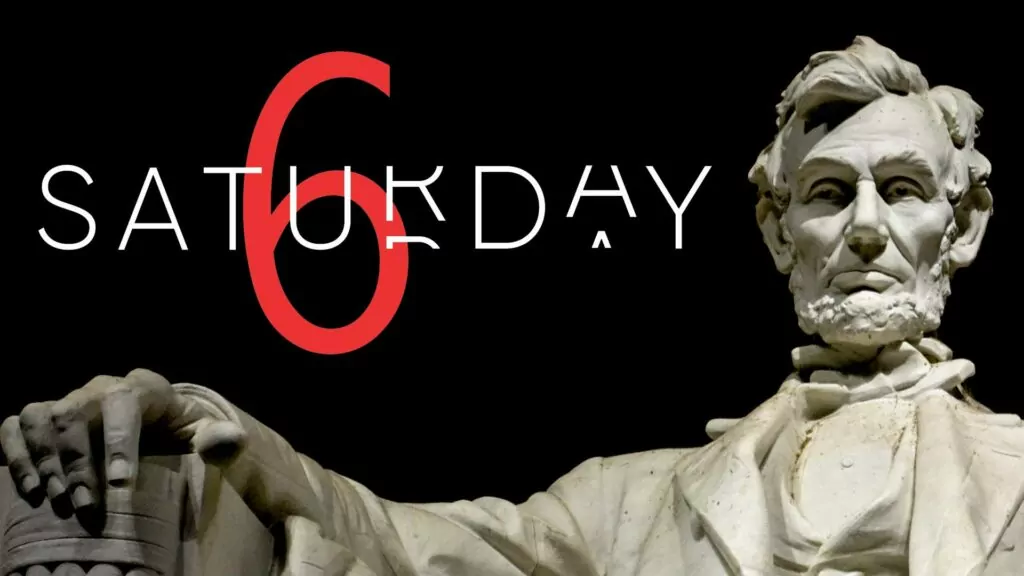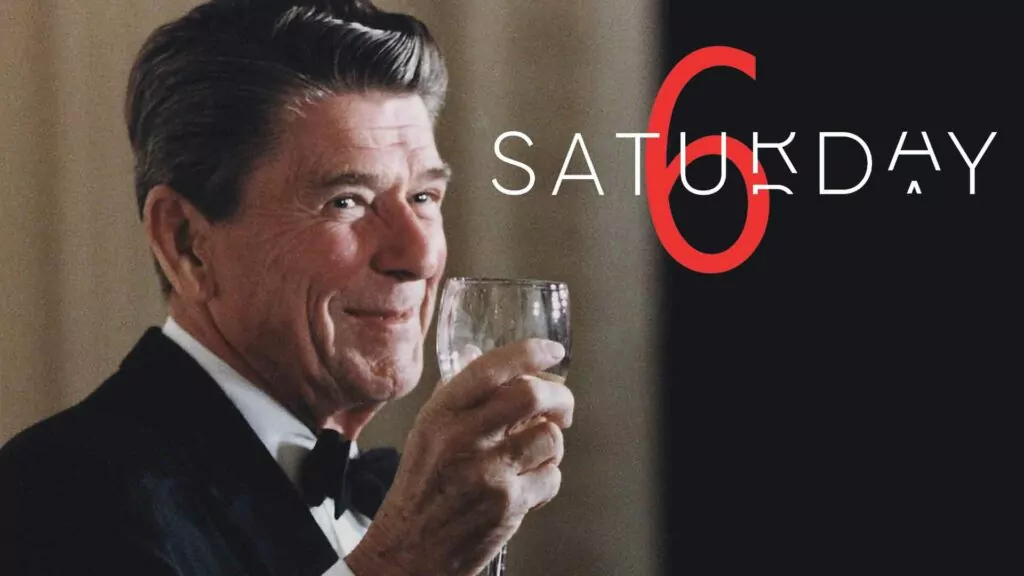Tidbits – July 2024
7 debunked evolutionary “evidences”
As Dr. Jonathan Wells has documented in his books Icons of Evolution and Zombie Science, there are long discredited “evidences” for evolution that keep popping up in science textbooks. Why do evolutionists use these bad examples? Because, as lies go, these are pretty compelling ones, especially to high school and college students who don’t know better. And they use them because they don’t have any better evidences. Click on the links below to learn more.
Galapagos finches – Darwin though changing beak sizes was a great proof. But the back and forth change only showed a built-in adaptability.
Junk DNA – Evolutionists presumed the majority of our DNA was just non-functioning remnants of our previous evolutionary stages. Wrong.
Vestigial organs – Evolutionists presumed that parts of the body they didn’t understand were just useless remnants of previous evolutionary stages. They were wrong again.
Backward retina – Our eye isn’t designed the way evolutionists would design it, so they thought that was evidence of bad – i.e. unguided – design. But it’s not bad; it’s brilliant.
Haeckel’s embryos – Embryos of different species were drawn to make it look like we all start life looking the same. But reality is quite different.
Miller-Urey experiment – This intelligently-designed experiment done in a controlled lab setting is often cited as proof that the building blocks of life could come about by sheer luck, in the great outdoors.
Homology in vertebrate limbs – Both frogs and humans have five digits, so does that show we evolved from a common ancestor? Well, no, as we now know very different genes can be at work here.
Go to Creation.com, AnswersInGenesis.org or ICR.org to find out more about each of these.
Education is never neutral
There is a quote circulating the Internet, commonly attributed to Dr. R.C. Sproul and which certainly reflects his views, but that I haven't been able to trace directly to him. Regardless of whether he said it or not someone certainly should have.
“There is no such thing as a neutral education. Every education, every curriculum, has a viewpoint. That viewpoint either considers God in it or it does not. To teach children about life and the world in which they live without reference to God is to make a statement about God. It screams a statement. The message is either that there is no God or that God is irrelevant. Either way the message is the same.”
One paraprosdokian deserves nine others
A paraprosdokian is a turn of a phrase that might seem to be heading in a certain direction, only to then take a sudden twist.
Going to church doesn't make you a Christian, any more than standing in a garage makes you a car.
Always swim or dive with a friend. It reduces your chance of shark attack by 50%.
If you're not part of the solution, you're part of the precipitate.
Don't let the village raze your child.
Everything comes to those who wait… except a cat.
Two guys walked into a bar; the third one ducked.
I used to play piano by ear. Now I use my hands.
Knowledge is knowing a tomato is a fruit. Wisdom is not putting it in a fruit salad.
Outside of a dog, a book is a man's best friend. Inside of a dog it's too dark to read. – Groucho Marx
Last night I removed all the bad food from the house. It was delicious.
Tim Keller on Anglo-Saxon warriors and their feelings
It is for the sake of “authenticity” that we now have men saying they are women. It’s how they feel, so the world has to take them as they identify.
But what this supposes is that we are our feelings, and these emotions define us more certainly than anything else. It also assumes those feelings are so set in stone, so utterly unchangeable, that if our body runs counter to our feelings, it is our body that needs to be changed and not our feelings.
To clear up this confusion, Tim Keller uses a thought experiment (from his book Preaching: Communicating Faith in an Age of Scepticism) to demonstrates that our feelings don’t define us.
“Imagine an Anglo-Saxon warrior in Britain in AD 800. He has two very strong inner impulses and feelings. One is aggression. He loves to smash and kill people when they show him disrespect. Living in a shame-and-honor culture with its warrior ethic, he will identify with that feeling. He will say to himself, That's me! That's who I am! I will express that. The other feeling he senses is same-sex attraction. To that he will say, That's not me. I will control and suppress that.
“Now imagine a young man walking around Manhattan today. He has the same two inward impulses, both equally strong, both difficult to control. What will he say? He will look at the aggression and think, This is not who I want to be, and will seek deliverance in therapy and anger-management programmes. He will look at his sexual desire, however, and conclude, This is who I am.”
This highlights how there is something outside us that defines us. The unbeliever may just attribute it to “culture” but even he’ll have to admit that he is more than his feelings. Keller continues:
“…we receive some interpretive moral grid, lay it down over our various feelings and impulses, and sift them through it. This grid helps us decide which feelings are ‘me’ and should be expressed – and which are not and should not be. So this grid of interpretive beliefs – not an innate, unadulterated expression of our feelings – is what gives us our identity. Despite protests to the contrary, we instinctively know our inner depths are insufficient to guide us. We need some standard or rule from outside of us to help us sort out the warring impulses of our interior life.”
So what the world needs to hear from Christians then, is:
Your feelings are answerable to a standard that is outside of yourself.
Your culture can only offer an ever-changing, baseless standard.
Your Maker made you for a purpose, and we can only be our most “authentic selves” when we yield to the One who knows us better than we know ourselves.
A tribute of sorts
Reagan once shared a quip about a teacher who had:
“…taught her class about magnets and all their properties and then several weeks later gave a test and asked them what it was that was spelled with six letters, began with an M, and picked up things. Eighty-seven percent of the class said, ‘mother.’”
Reason to pray
For those who find prayer difficult, there are many reasons to persist, one of which Willem J. Ouweneel lists in The Heidelberg Diary:
"There is a peculiar element in the Catechism's answer that we should not overlook. God gives his blessings 'only to those who pray continually.' Here, a direct causal link is seen between our prayers and God's answers. Some people feel that God's sovereignty implies that he cannot make himself dependent on what humans ask. If God would depend on humans, in whatever small way, they argue, this would ruin his sovereignty. They overlook the fact that, apparently, God has sovereignly decided to involve human actions and decisions as well as prayers in his ways with the world..."
SOURCE: (h/t Jan Broersma)
On the value of one plus one
“…there are no words to express the abyss between isolation and having one ally. It may be conceded to the mathematician that four is twice two. But two is not twice one; two is two thousand times one. That is why, in spite of a hundred disadvantages, the world will always return to monogamy.” – G.K. Chesterton
11 things to do instead of screens
Summer is here and as blogger Arlene Pellicane noted, “more free time usually morphs into more screen time.” While the pull of screens might persist, there is so much your kids can get up to. Here are 11 suggestions, but a 12th might be to have your kids create their own activities list.
Play ultimate frisbee, or create your own backyard frisbee golf course.
Wash your car… and your neighbor’s or grandparents’.
Take an online course (programming, logic, Dutch, etc.).
Have a yard sale for a good cause. Canvass for donations, make posters, etc.
Create a list of books, with your parents’ help, that you should read before you leave home… and then read some of them.
Play a board game. Change some of the rules to invent your own version.
Do a chore, unasked, every day.
Design and create a pro-life chalk picture for your driveway.
Write, and draw, a series of stickman comics. Recruit a friend to do it with you.
Get outdoors, swimming, biking, rollerblading, paddleboarding, or whatever.
Compliment three people a day.
Are you interruptible?
If it ain’t an emergency your kids shouldn’t interrupt, right? That’s a good general rule, because we want our kids to be patient, and not think the world revolves around just them. But we also want them to understand God gave them parents to be there for them. So it can be overdone.
As I heard noted on a podcast, even Jesus was “interruptible” – the woman who reached out to touch Jesus (Luke 8:43-48), and the men who lowered their friend through the roof (Mark 2:1-12) weren’t waiting patiently.
Busy parents need to note that it is often the unplanned conversations that really matter. Yes, your daughter might already be late for bed, but if she’s sharing now, right before you’re heading out her bedroom door, maybe you’re the one who needs to learn some patience… so you can stop and listen. There is a balance to be had, but if you want your kids coming to you with their troubles – and you should want that – then you need to be interruptible.
Not just a G-rating
You have three kids wondering what they can do, and meanwhile laundry still needs to be folded, and you haven’t even begun figuring out what dinner will be. “What about a movie, Mom?” That sounds like just the idea, an animated classic, with a nice safe G-rating of course.
But wait just a second! The authors of a 2014 study called “Cartoons Kill” compared death in kids’ films with adult dramas and found that main characters were more likely to die in the kids’ movies! If you find that hard to believe, consider what happens in just a few of Disney’s biggest hits:
Bambi – Bambi’s mother is shot by hunters
The Lion King – Simba’s father is murdered
Frozen – Elsa and Anna’s parents are drowned
Tarzan – Tarzan’s parents are killed by a leopard
Finding Nemo – Nemo’s siblings and mother are killed by a barracuda
The Fox and the Hound – Tod’s mother is shot
The researchers concluded:
“There was no evidence to suggest these results had changed over time since 1937, when Snow White’s stepmother, the evil queen, was struck by lightning, forced off a cliff, and crushed by a boulder while being chased by seven vengeful dwarves.”
While “effects of exposure to animated depictions of death have not been studied,” one experimental study showed an impact: “…children who watched a movie about drowning were less willing to try canoeing than other children.” The study’s authors wanted parents to understand that while animated films may have a G or PG rating, they can still have a death count comparable to adult films.
Hay mon!
My hearing isn’t quite what it was, and I’m determined to have as much fun with it as I can. So I shared the joke when I couldn’t figure out what it was that my neighbor’s dad was up to that day. This 60-something gentleman has his own karaoke machine, so when his wife said he had left “to reggae,” it at least seemed possible.
It turned out, however, that the retired farmer had gone “to rake hay.”...































